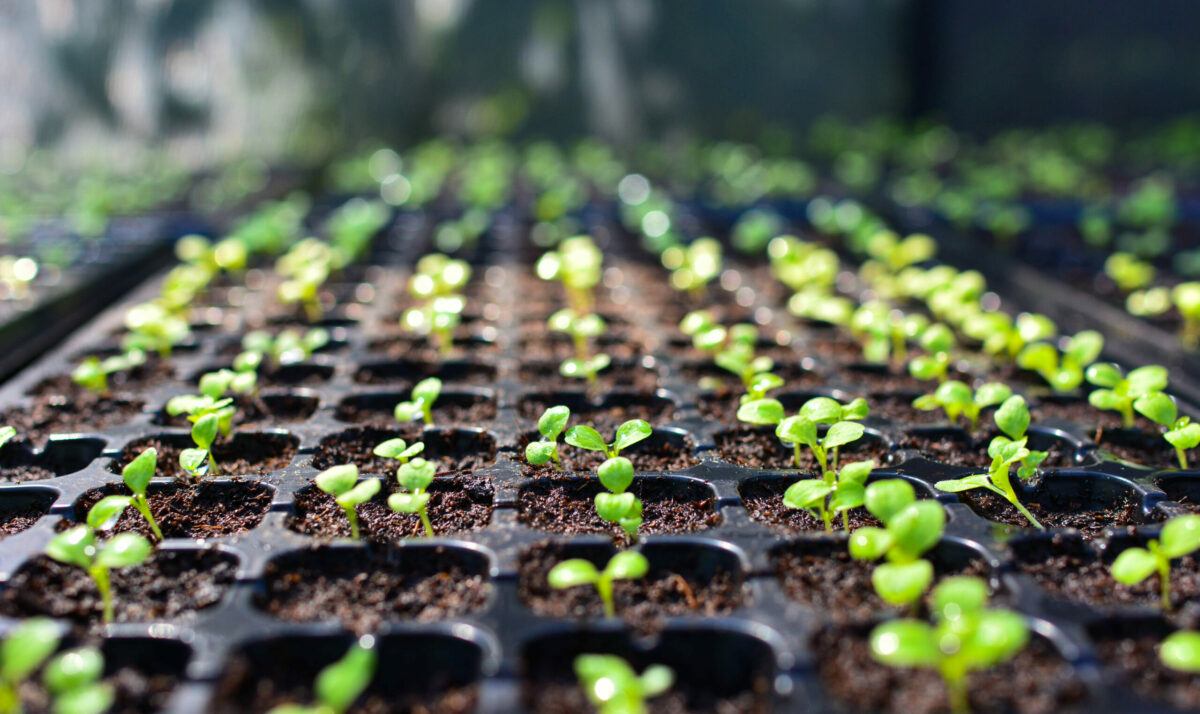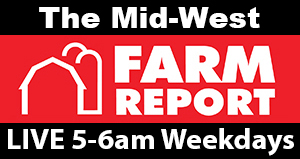
As spring arrives, many homeowners are eagerly anticipating the opportunity to get their hands dirty in the garden. As you look for new flower or vegetable seeds you want to plant this year, take a moment to also look at the seeds you may still have from previous years as those may still be viable. Fortunately, there’s a simple solution – the seed roll test.
Here’s how it works: take 10 seeds from the packet in question, place them on a moistened paper towel, roll it up, and put it in a partially sealed ziplock bag. Check the seeds periodically, ensuring the paper towel remains moist. After the designated germination period (as indicated on the seed packet), unroll the paper towel to see how many seeds have germinated. By extrapolating from the 10 seeds, you can determine the germination percentage.
According to Extension Horticulture Specialist Lisa Joihnson, the germination percentage is a key factor to consider when deciding whether to use leftover seeds or purchase new ones. While some seeds may remain viable for up to five years, others, like onions, have a shorter shelf life of about a year. Additionally, gardeners should also consider factors such as improved varieties or disease resistance when choosing seeds.
Once gardeners have determined seed viability, the next step is to ensure optimal conditions for seed starting. For seeds requiring a longer germination period, such as peppers or tomatoes, starting indoors is recommended. On the other hand, seeds like peas and beans can be directly sown outdoors. Paying attention to soil temperature is crucial, as it significantly affects seed germination. Utilizing a soil thermometer can help ensure the soil is within the appropriate range for planting.
“Timing is another essential aspect of seed starting,” says Johnson. “While tomatoes and peppers are typically planted around mid-May, peas and potatoes can be planted earlier, around mid-April. However, gardeners should be mindful of temperature requirements.”
It’s also essential to avoid common mistakes. Starting seeds too early or neglecting to consider soil temperature can lead to poor germination rates and wasted effort. Similarly, purchasing starter plant packs prematurely may result in plants being exposed to unfavorable outdoor conditions.
Furthermore, when it comes to planting trees and shrubs, careful planning is necessary. Calling diggers hotline to check for underground wires and assessing the plant’s suitability to the environment are key steps. Pruning should also be timed appropriately, avoiding pruning during budding or leaf expansion to prevent damage to the plant’s health.
For more gardening tips and resources, visit Wisconsin Horticulture website.

Leave a Reply